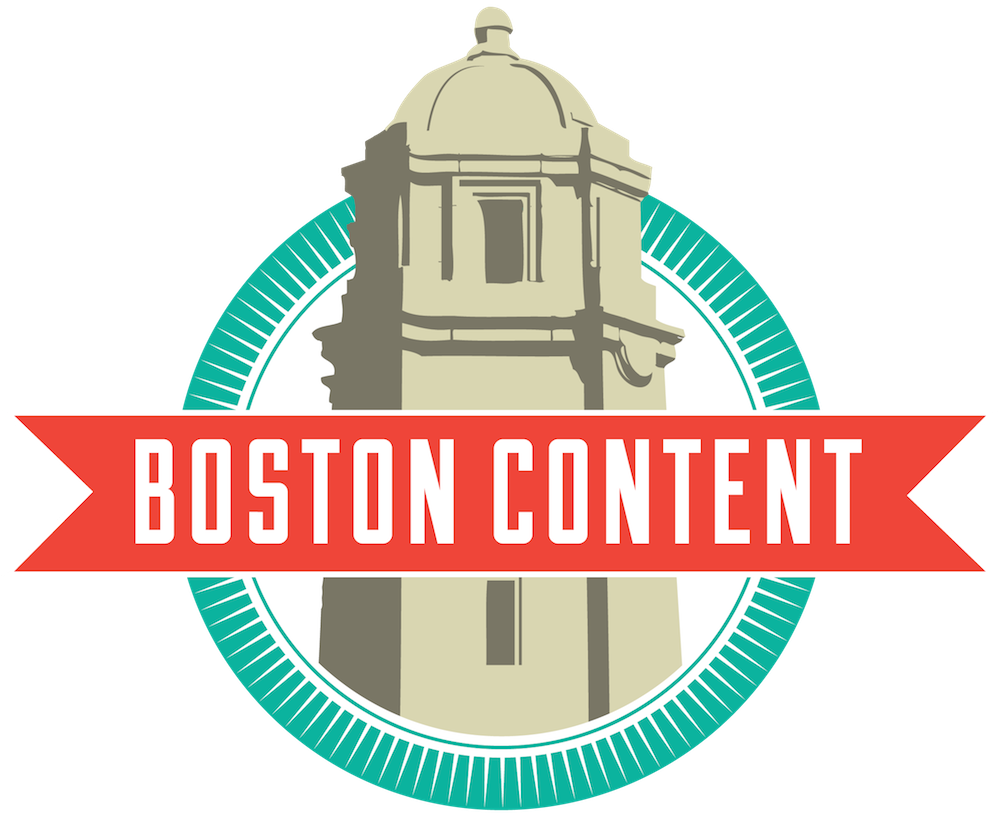Boston-based Chuck Leddy has been crafting engaging content since 1995, as a journalist and B2B brand storyteller. He's written for B2B brands such as General Electric, ADP, Office Depot, Cintas, the National Center for the Middle Market, and many more. He's also been published in print publications such as the Boston Globe, Forbes, the Washington Post, and San Francisco Chronicle. His website and blog are at www.ChuckLeddy.com.
Writers need a lot of skills, from the ability to write a good sentence, to marketing chops needed to find good paying clients, and much more. Among the most important tools in the freelancer's toolbox is the ability to interview people to inform the content you create. I interview a lot of business book authors, subject-matter experts, and business leaders/owners for my clients, and have gotten pretty good at it over these last two decades. I thought I'd share some of the things I do to make interviews easier.
1. Make arrangements for interviews. In this age of digital and social media, it's never been easier to reach out to people and ask for their time. If your client hasn't already gotten the interviewee's contact information and "buy in" to be interviewed, then you'll need to write a brief email explaining why you wish to interview the subject, your focus, who you're writing it for, how much time you'll need, etc. Then offer the person 2-to-3 good time slots for a possible interview, or ask them to offer the time slots to you. Expect some back-and-forth before you finalize the time.
2. Prepare. Once you've negotiated a time to talk, whether in person or by phone (I've even conducted a few interviews by email, which can work well), you'll need to be prepared for the conversation. Research the person's background and history. Most interviewees have a website or LinkedIn page, in my experience. Once you've learned more about the subject -- by the way, what did we ever do before Google search? -- it's time to start crafting your questions. I usually assume 2 minutes for each question, as long as they're good questions, so a 15-minute phone interview might cover 7 questions.
I highly recommend emailing your questions to the interviewee at least a day in advance of the interview. This not only serves as a timely reminder for the interviewee, but makes the person more comfortable, too.
During the actual interview, if you're not getting enough information in the answer, you may need to follow-up by re-phrasing or paraphrasing the original question. More on the importance of listening and following up later.
3. Test out your recording equipment/technology. You'll want to make sure your equipment is working, so test it with a friend/family member before the interview. Let the subject know you'll be recording the interview. In some states, you must do this anyway. I've recently been using a recording application on my iPhone 4 called "Tape a Call," which works really well and costs me about $9 annually. For face-to-face interviews, you can use a hand-held digital recorder or a voice recording app. Many of the apps cost you nothing and work quite well.
4. Relax and break the ice. You will be nervous before the interview. I like to do a few minutes of deep breathing or listen to music beforehand, which helps calm my nerves. The more natural you sound, the better. It's a good idea to try to break the ice with some small talk. Good topics might be the weather where they are, places to visit in their city, or something about sports. Try to transmit a feeling of comfort, because it will help open the flow of communication.
5. Listen and listen some more. This is perhaps the best advice anyone can offer you. Ask your question and then listen carefully, without interrupting, to the answer. It's OK to say things like "yeah" or "hmm" to prompt them to keep talking, but do not interrupt the general flow of their answer. Interviewees with experience have a little trick they use when they've reached the end of their answer. They actually stop. So when you hear them stop talking, you can either ask a follow-up question ("What did you mean when you said ABC?") to dig deeper or simply move on to your next question. Interviewing is largely about listening. You are serving your readers, so get full answers that add value. Put a line through your question once it's been answered.
6. Transcribe. Now comes the boring part. You'll need to take the audio you've recorded and put it into words. I recommend using an online transcription service. I've used iScribed (www.iscribed.com) for the last year, with good results and at an affordable price. Editing the "raw" transcript is dull, but important work.
You'll need to edit out repetitions, grammatical miscues, and other words that don't add value but may distract readers. Editing a transcript is a skill developed with experience. Never alter the interviewee's meaning or intent, but do edit for clarity.
7. Complete the final steps. If the interviewee has asked to see the finished article/post before it gets published, send it to them with a deadline. I'll give interviewees maybe 48 hours. I tell them that if I don't hear back from them with modification requests by XYZ, I'll run with it "as is." It's also a good idea to send the article, a link to it that is, after the interview has been published. In the olden days, I used to ask my editor to send a free copy of the magazine to an interviewee. Interviewees appreciate seeing themselves in print.
OK, that's all I have to share today on interviewing people. Let me know your thoughts, if you feel like sharing.
A version of this post originally appeared on the author’s website.
Thumbnail image courtesy of Unsplash.

